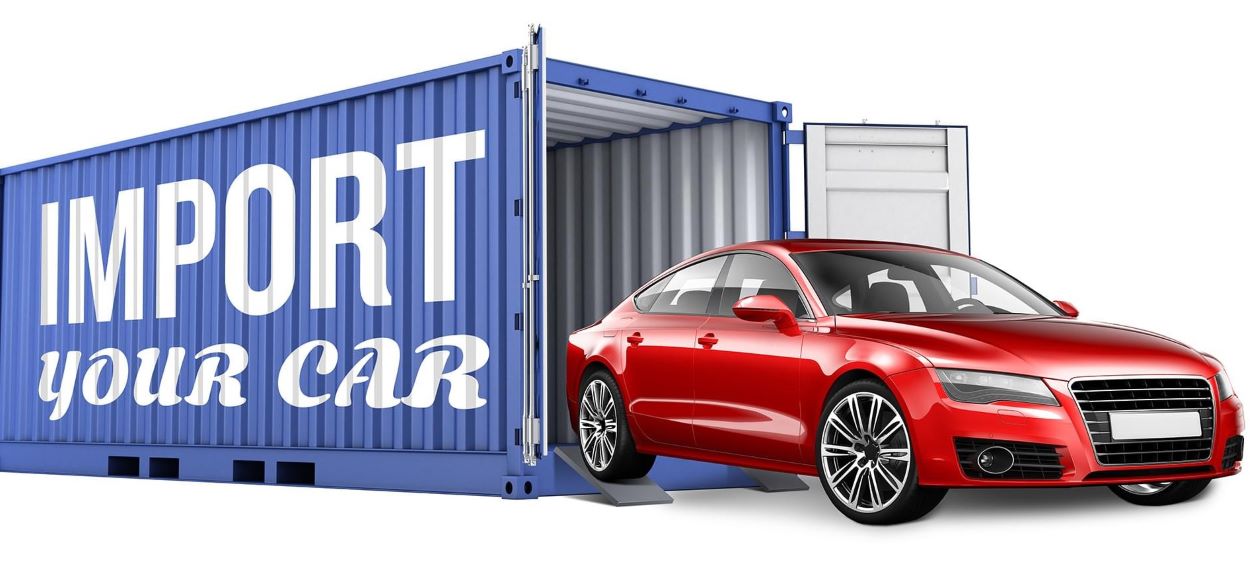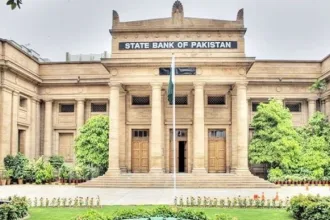Pakistan has allowed the commercial import of vehicles older than five years, effective from October 1.
Officials confirmed that, under the condition of the International Monetary Fund (IMF), commercial imports have been allowed, effective from October 01, and a 40 per cent regulatory duty will be imposed on such imports. The Federal Board of Revenue (FBR) is expected to issue the notification for the levy shortly.
Only vehicles that have secured international certification will be eligible for entry into Pakistan, as permitted by the Engineering Development Board (EDB). Furthermore, rules governing monthly depreciation or reduction in the assessed value of old vehicles will be announced soon. Authorities added this detail.
Earlier, Pakistan and the International Monetary Fund (IMF) began their second review talks on the ongoing loan program. The discussions centred on revenue shortfalls, pending tax litigation, and fiscal reforms.
According to Federal Board of Revenue (FBR) sources, the IMF was briefed on the reasons behind missed tax collection targets. The Fund urged Pakistani authorities to expedite court cases involving the FBR, particularly those related to upper tax disputes. Officials said the FBR remains hopeful of recovering nearly Rs200 billion if decisions are made in its favour.
Read: Pakistan Exposes Major Money Laundering Scheme in Luxury Vehicle Imports
The government delegation informed the IMF mission that floods had caused estimated tax losses of around Rs60 billion. The FBR also requested leniency in revenue targets; however, the IMF has yet to provide a final response. Instead, it pressed for measures to broaden the tax net. Sources revealed that the enforcement plan to cover the revenue shortfall includes decisions on super tax cases. However, if court rulings go against the FBR, alternative measures will be required to secure Rs200 billion.
The vehicle import policy impacts 15% of Pakistan’s automotive market (PAMA, 2025). This is critical for 60% of Pakistan’s fiscal stability (SBP, 2025). The 40% duty and tax recovery efforts could generate Rs200 billion, addressing 20% of the fiscal deficit (FBR, 2025).






